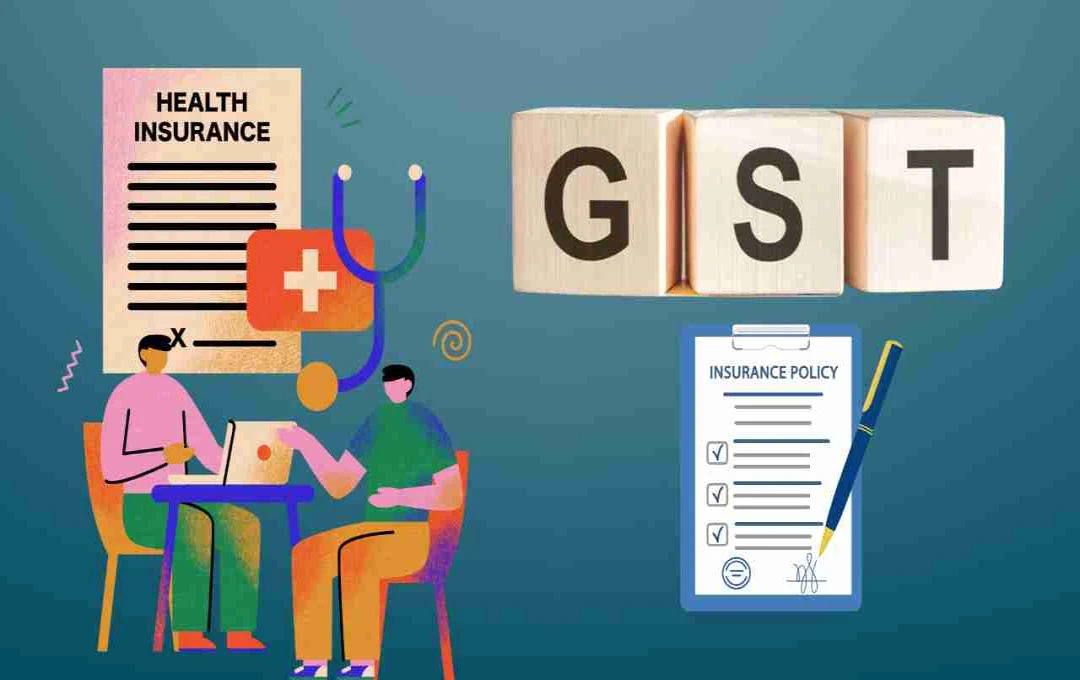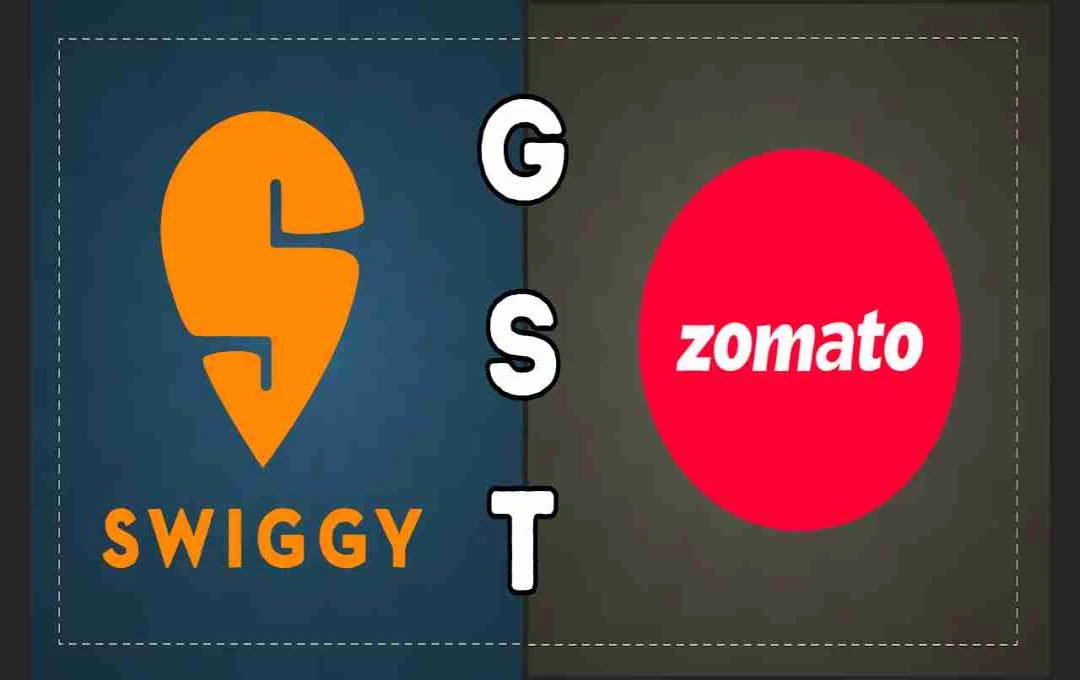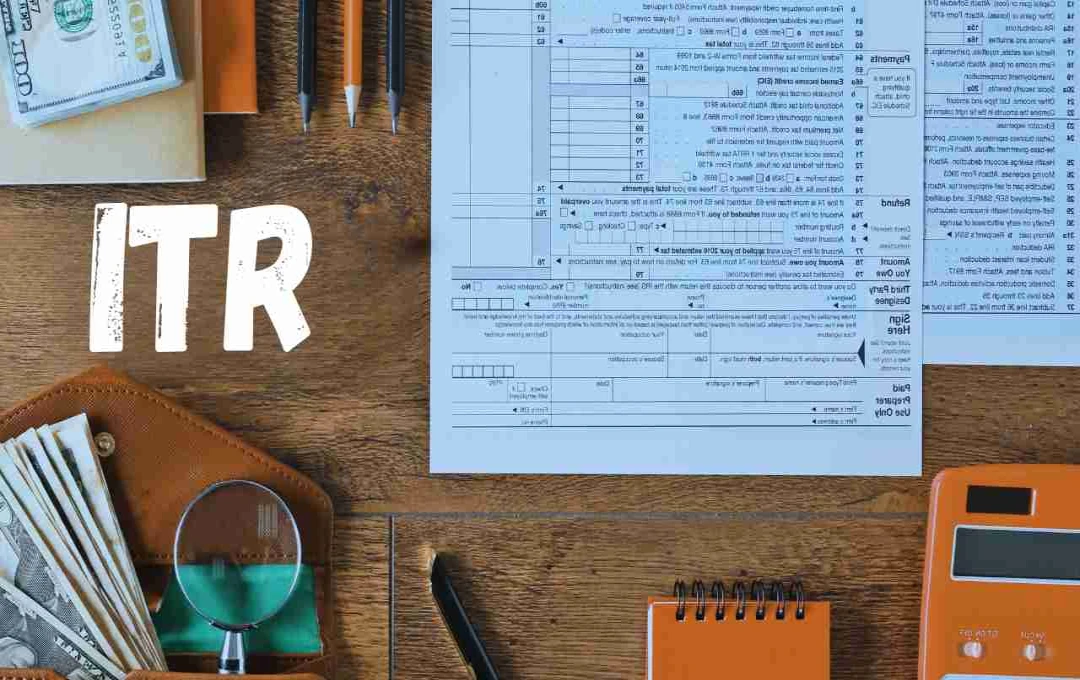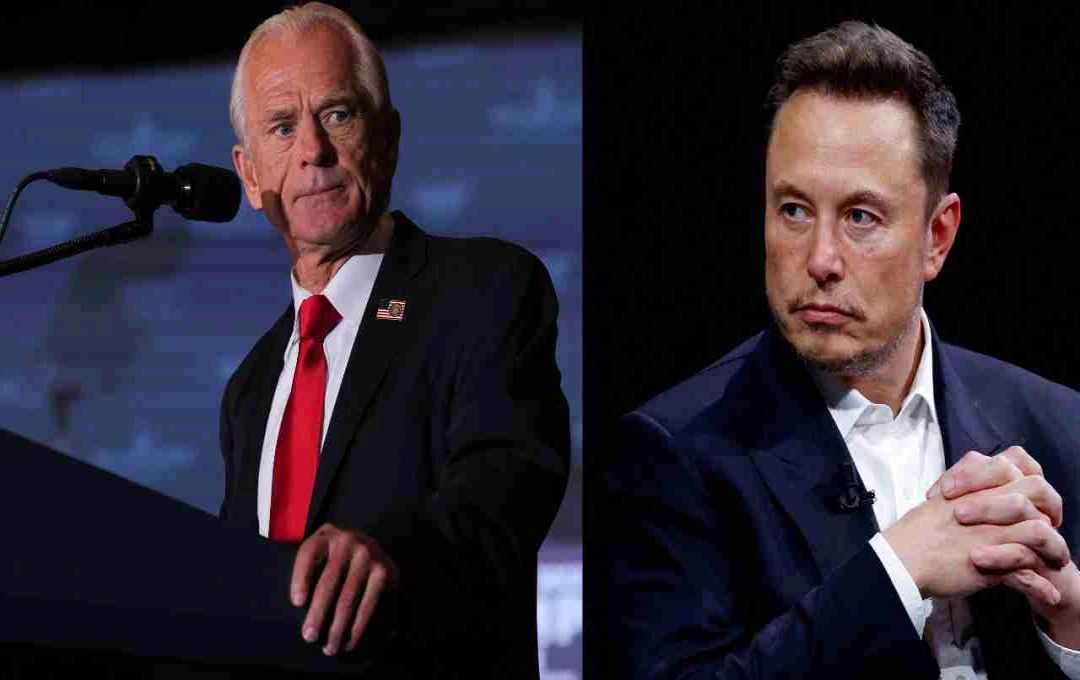The GST Council has decided to remove the 18% tax on health and life insurance, but according to a Kotak report, customers will not benefit from this. Due to the discontinuation of Input Tax Credit (ITC), insurance companies may increase premium rates by 3-5%, making policies more expensive instead of cheaper.
Life Insurance: A significant decision was taken in the 56th meeting of the GST Council, under which the 18% GST on health and life insurance will be removed and made zero effective September 22, 2025. While the general assumption was that this would make policies cheaper, a report by Kotak Institutional Equities suggests that insurance companies' expenses will increase due to the discontinuation of input tax credit. To offset this increased cost, they may raise premium rates by 3-5%. Consequently, the benefit of the tax exemption will not reach customers, and insurance could become more expensive.
When will the decision to remove GST be effective?
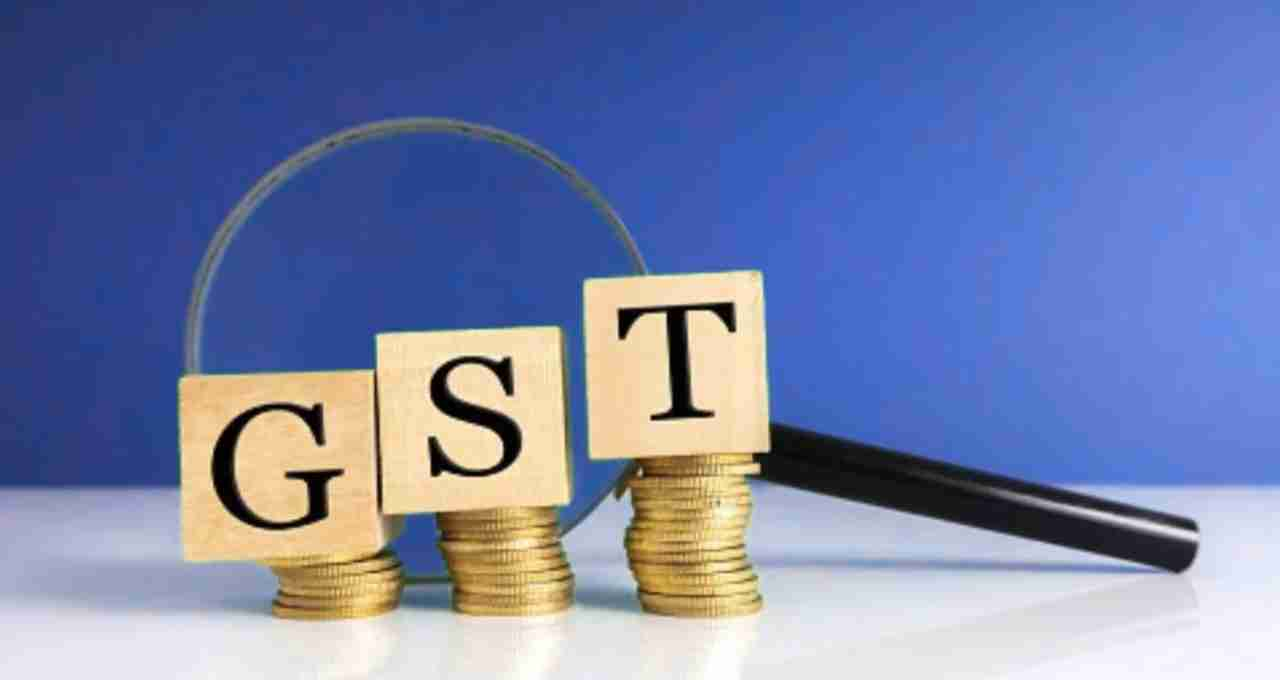
A major decision to abolish tax on health and life insurance was made in the 56th meeting of the GST Council. This exemption will be effective from September 22, 2025. Initially, customers had hoped that policy premium rates would decrease and insurance would become cheaper following this decision. However, reality appears to be different.
Companies' Difficulties Due to Discontinuation of Input Tax Credit
Until now, insurance companies paid GST on their operational expenses such as agent commissions, advertisements, office expenses, and reinsurance services. They were eligible for the benefit of input tax credit (ITC) on this. This helped reduce the companies' overall costs to some extent. However, with the abolition of GST, companies will no longer be able to claim ITC.
This will increase the expenses of insurance companies. The report states that to balance this additional burden, companies may increase premium rates by 3 to 5 percent. In other words, the relief that should have reached customers will be recovered from them due to increased company costs.
Why the Relief Will Not Reach Customers
The report indicates that the overall cost of insurance policies may decrease by 12 to 15 percent. However, this reduction will not be directly felt by customers. The reason is that companies will compensate for the loss incurred due to the absence of ITC by increasing tariffs. While this might lead to a slight increase in insurance demand, the burden of premiums will fall on the common customers.
Reinsurance Services will also get exemption

The report also states that reinsurance services will be exempt from GST. However, insurance companies will still have to pay GST on many other services. This means the overall tax relief will remain incomplete. Furthermore, individual insurance policies will be considered among the exempted services. Therefore, they will not receive the benefit of the inverted tax structure.
In this situation, the tax structure that insurance companies will face will not be favorable for them. This is why they will attempt to recover their costs by directly increasing premium rates.
Impact on Customer Expectations
The government's move initially sparked hopes of cheaper insurance among the public. However, the latest report has clarified that this relief might only exist on paper. In reality, customers may face an increase in premium rates rather than a decrease.
Experts believe that insurance companies will use the benefits of this decision to offset their expenses directly. In such a scenario, common customers who were hoping to get policies at lower prices might be disappointed. Especially those who thought there would be significant relief in premiums after the tax removal might face disappointment.
New Challenge for the Insurance Industry
The Indian insurance industry is already struggling with low penetration and high premium issues. Now, despite the removal of GST, the inability to claim ITC will increase companies' costs. This will directly impact customers' pockets.
The report suggests that policyholders may face higher premiums in the coming months when this decision comes into effect. The expectation of cheaper insurance might turn out to be the opposite in reality.
